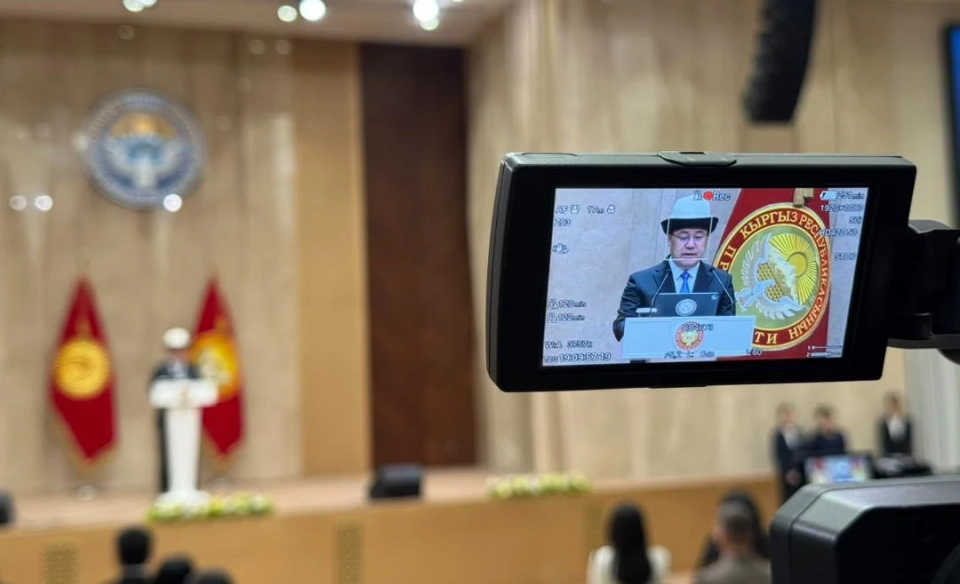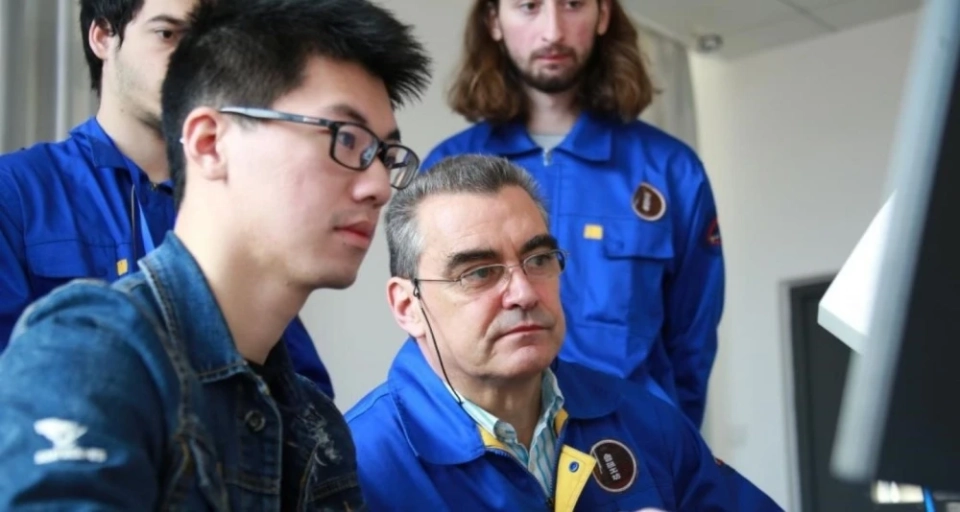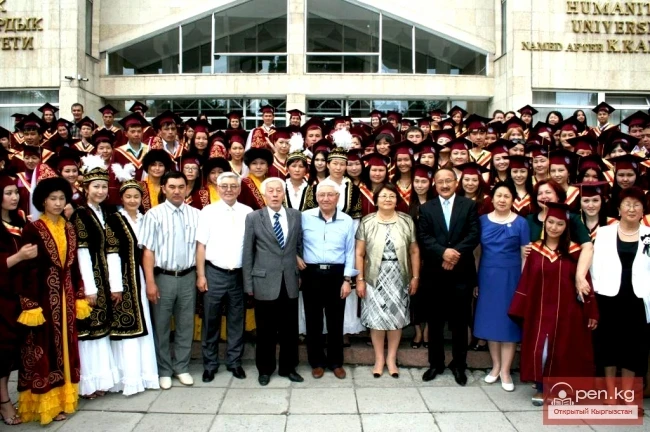
Photo 24.kg. Stanislav Li
— Stanislav, recently discussions about AI in Kyrgyzstan have become increasingly relevant. Why is there still skepticism towards this technology?
— This is due to the fact that for a long time AI was perceived as a threat. People were led to believe that technology would "replace" them in their jobs. In reality, AI is a tool, not an enemy. As Professor Fei-Fei Li from Stanford says, it is humans who determine how to use AI: it can either help or cause harm.
AI does not eliminate professions; it simply automates certain tasks. As Andrew Ng, founder of Coursera, pointed out, if an algorithm takes on 30% of the work, it does not mean the profession will disappear — those who know how to apply technology will benefit. This is the new literacy of the 21st century.
— How do you envision Kyrgyzstan in ten years in terms of AI implementation?[/b>
— If everything goes according to plan, by 2035 Kyrgyzstan could become a "smart laboratory" in Central Asia.
Imagine: farmers in remote regions using AI assistants to predict harvests, and doctors in rural hospitals having access to telemedicine with automatic analysis of medical images. In Bishkek, there is "smart" traffic management and a digital twin of the city.
Students learn with the help of AI teachers in Kyrgyz, Russian, and English, and government services operate as a single neural network, where document processing takes only minutes. This is not science fiction, but a completely achievable goal.
[b]— What steps have already been taken in Kyrgyzstan for AI implementation?
— In 2025, a virtual tax assistant named "Aysalyk" will be launched. This summer, the national platform Aitil was also introduced, which synthesizes and recognizes speech, translates into 10 languages, and operates in Kyrgyz.
Our developers from the startup NineNineSix have created the KaniTTS model, which is on par with giants like Google and OpenAI in terms of quality. The code is available on the HuggingFace platform.
Additionally, a Center for Applied Research in AI and Cybersecurity has been established at KGTU, as well as a National Council for AI Development created by presidential decree. These are not just words — the necessary infrastructure is being formed.
— But what is hindering faster progress?
— The main obstacles are education and access to data. We have virtually no university programs dedicated to AI, and government data remains closed. Without open datasets, neural networks cannot function.
— Does Kyrgyzstan need to develop its own models, or is it easier to use existing solutions?
— Creating everything from scratch is expensive and inefficient. There are already dozens of open models in the world, such as LLaMA, Falcon, Mistral, and Gemma. There are technologies like TensorFlow, Colab, ChatGPT Edu, and APIs from OpenAI. We can adapt them for the Kyrgyz language and conditions. It’s similar to using electricity — no one invents it anew, they just connect to the grid.
[b]— Recently, there was a scandal involving cameras in school bathrooms. Can technology be used more ethically?[/b>
— Of course. In China and the USA, voice sensors are used that respond to words like "help" or sounds of gunfire, while not violating privacy. This is an example of how AI can help without intruding on privacy. Kyrgyzstan needs to implement technology with respect for human rights.
[b]— How can AI support healthcare?[/b>
— For example, in the fight against tuberculosis. In Africa, AI is already predicting disease outbreaks using available data — population density, access to water, distance to medical facilities. We can do the same here to direct doctors to high-risk areas. It’s inexpensive, effective, and can save lives.
[b]— What is needed for Kyrgyzstan not to fall behind in the technological revolution?[/b>
— A strategy is necessary. Open data, educational programs, support for startups, and the development of digital infrastructure.
As Fei-Fei Li notes, the world will be divided into those who can work with AI and those who cannot. We need to be in the first group — while there is still an opportunity.



























